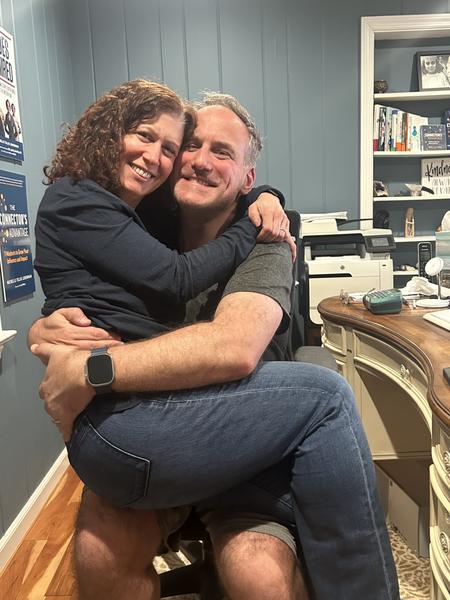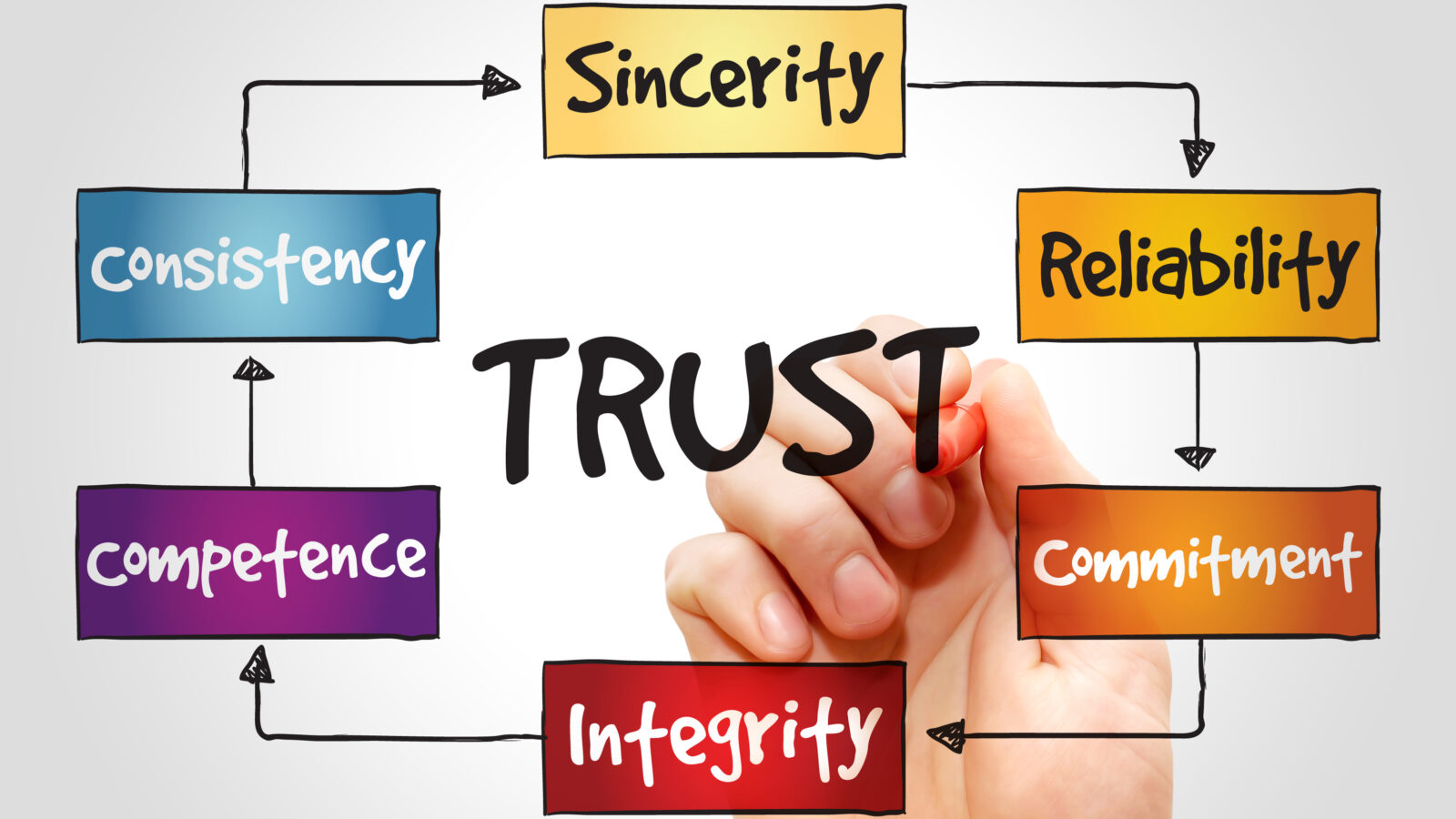The other night my husband, Mike, made an innocuous claim about how long a drive he had to do alone was. He overestimated. I knew he had the number of hours wrong, but let it be. My son, James, didn’t let it be, he corrected him.
Mike then googled it to uncover that he was incorrect. I said to James, I knew he was wrong, but it wasn’t important enough to prove myself right. Sometimes it is good to just not have to win.
He definitely struggled with the idea when it was factual, irrefutable, information. I get it. But sometimes our tendencies don’t serve our relationships.

So often we do things that unintentionally erode our relationships, trust, and impact. It was hard to pick just one when Newsweek asked me about seemingly harmless habits in a business leader that might be getting in the way of their success.
When I teach a module on trust, I ask about ways that trust is unintentionally broken at work and the list of responses is long. I thought about all the things that people say and a few that stand out for me are:
Favoritism: This is a tough one because the intent versus impact is where trust is impacted. A leader may think they are rewarding a star employee with extra opportunities while that employee may feel dumped on and that others get away with doing less. Others may view the star employee as the boss’s favorite and resent not getting the same opportunities.
Spying: When an attendee first said this one, I must admit, I was a little confused. I jokingly asked if she meant corporate espionage. She explained the use of a very common phrase, “be my eyes and ears.” Another example of intent versus impact. The boss thought she was saying, “I trust you to handle this and attend the meeting in my stead.” The employee thought she was asking for a report and to spy on everyone there and wondered who was spying on her. Yikes!
Ghosting: This is a new one to the list but makes complete sense. Being nonresponsive to communication erodes trust. Another display of this bad habit is requesting information and then never using it so people feel their work was useless.
I have tons more that may open your eyes to behaviors that work against us. The one that won for me was… (I hear a drumroll in my head)
Giving Lopsided Feedback. Leaders tend to lean toward giving positive or constructive feedback, but the key is that both are needed. Positive feedback makes employees feel appreciated and recognized for their work while constructive feedback enables them to continue to grow. Both are a gift and should be presented that way. Let your employees know that you are giving them information from the past to take action in the future. Make sure you not only give positive and developmental feedback but also ensure you are giving that critical information to everyone on the team.
Want to hear what the 17 other habits shared were? Check out the article at: https://www.newsweek.com/18-seemingly-harmless-habits-that-can-negatively-impact-your-business-success-1868236
What are the habits you are working on eliminating?


